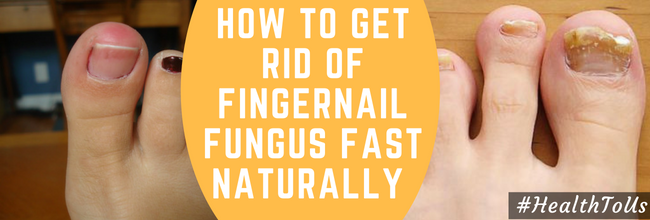
Family history is one predictor of obstructive sleep apnea: if you have close relatives with sleep apnea, your risk of having this form of the disorder is increased. This is most likely because sleep apnea and snoring are complex traits, affected by your genetics as well as by environmental factors.
Researchers suggest that given the interrelated pathways regulating weight and other traits involved in sleep apnea, such as ventilatory control, airway muscle function, and sleep characteristics, there are genes with multiple and diverse effects that independently impact obesity and obstructive sleep apnea traits. In addition, negative environmental influences like periodic oxygen deprivation and sleep disruption that are produced by sleep apnea can interact with obesity genes and worsen the effects of snoring and sleep apnea.
Other genetic studies have also found that approximately 40% of the variation in the occurrence and severity of sleep apnea may be explained by familial factors. It seems most likely that specific genetic factors associated with craniofacial structure, body-fat distribution, and neural control of the upper airway muscles interact to create snoring and obstructive sleep apnea.
Multiple racial studies, chromosomal mapping, familial studies, and twin studies support the possible link between obstructive sleep apnea and genetic factors; ergo, most of the risk factors involved in sleep apnea may be regarded as genetically determined, at least in part.














